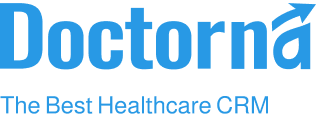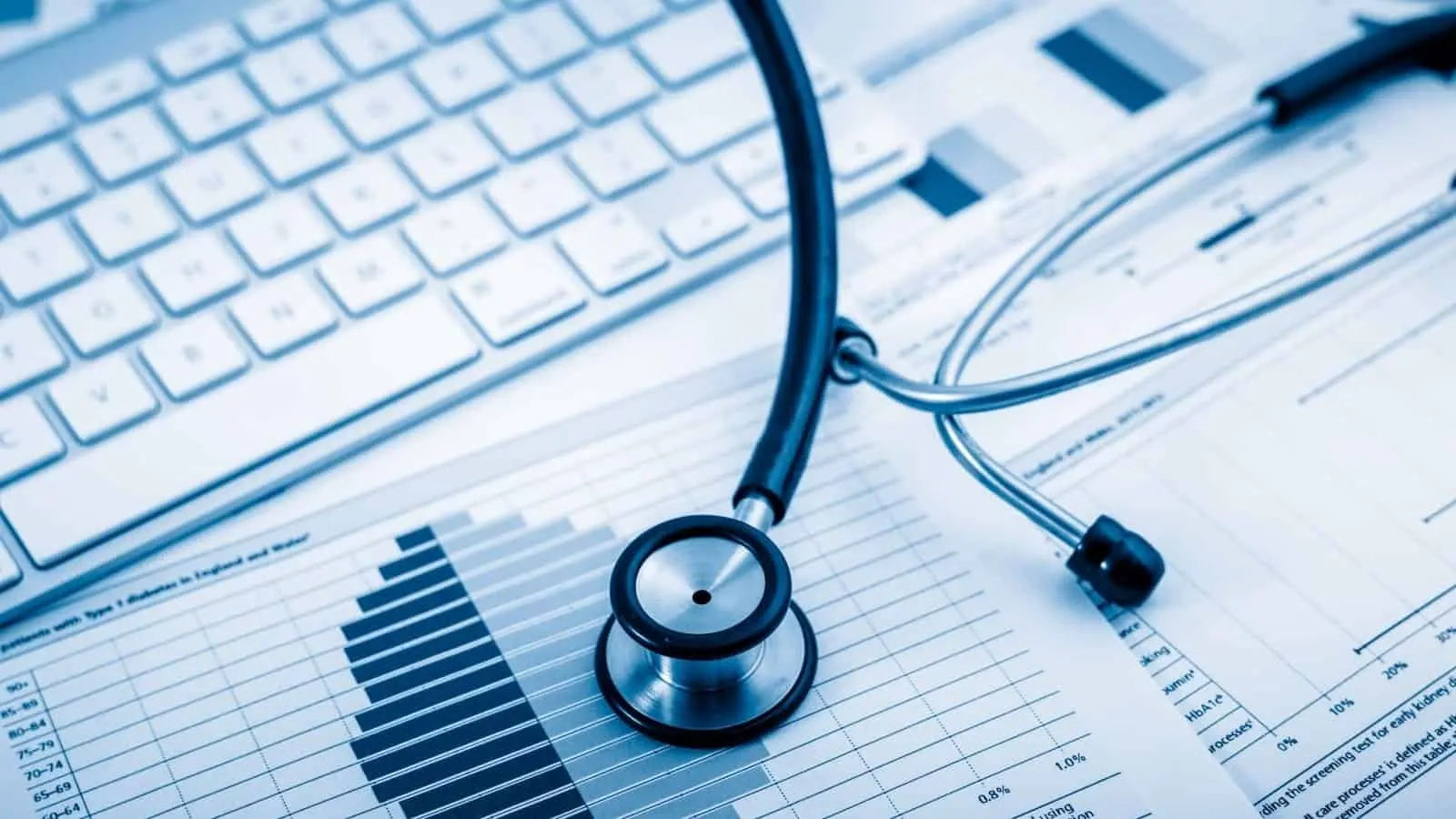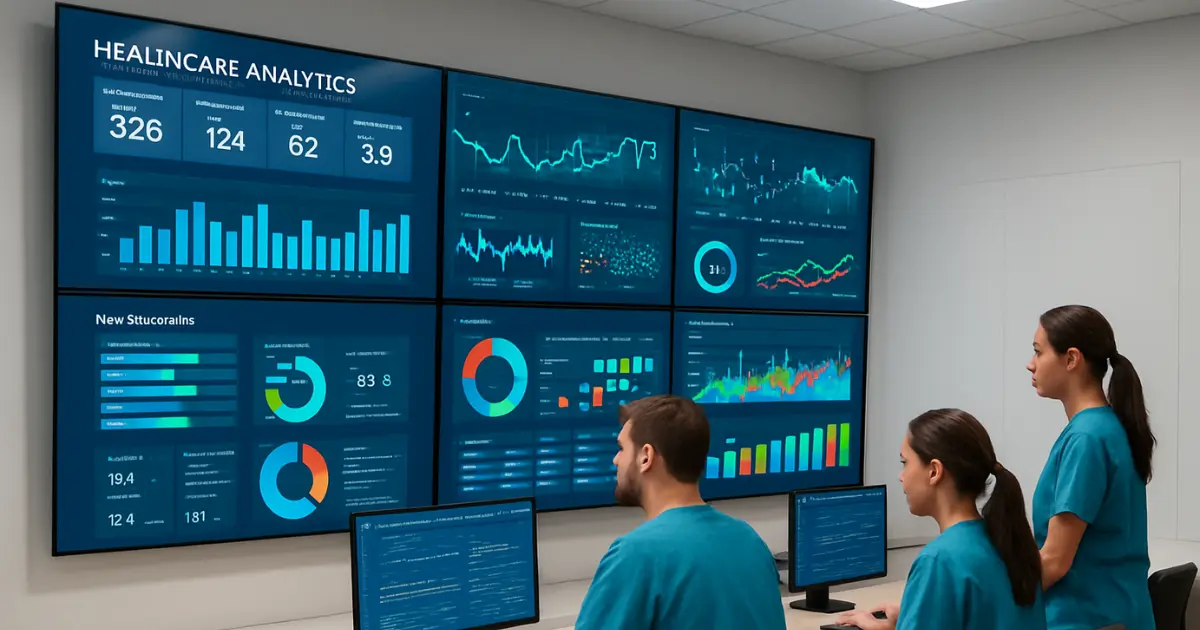A. Role of Data Analytics in Healthcare CRMs
Data analytics enable healthcare CRMs to rethink patient care by offering actionable insights.
Health CRMs can contribute much to enabling better service delivery through data analytics:
- Patient Segmentation: Analyzing patient demographics, clinical history, and behavior can help healthcare providers segment their patient population into targeted groups. These segmented groups will help the providers communicate tailored messages, design personalized care plans, and run focused marketing campaigns.
A report by McKinsey & Company shows that targeted engagements may result in as much as 20% better outcomes in patient satisfaction and as high as 10-15% cost reduction for healthcare organizations. - Predictive Analytics: By using high-powered analytics, healthcare CRMs can predict the future behaviors of patients that will outline their health outcomes.
Accordingly, proactive interventions may be undertaken to detect diseases early, offer care to prevent symptoms of any disease from taking place, and conduct timely follow-up. Accenture reported that predictive analytics can reduce hospital readmissions by as much as 20%. - Risk Stratification: The identification of high-risk patients enables healthcare providers to give priority care and appropriate utilization of resources. This, in turn, can help in preventing adverse health events from occurring, which decreases the cost of healthcare provided.
It is stated in a study made by CDC that risk stratification can help health professionals identify their patients at high risk for chronic diseases and can provide them with an opportunity for early intervention and better outcomes. - Performance Measurement: The measurement of performance by key performance indicators such as patient satisfaction, compliance, and treatment outcomes shows effectiveness. A study conducted by HIMSS states that healthcare organizations measuring performance with data analytics are more likely to achieve better outcomes.
- Operational Efficiency: Analytics will enable the streamlining of workflows, thus improving operational efficiency through the identification of specific areas of inefficiency.
This may lead to several benefits, such as cost reduction and efficiency in productivity. Deloitte estimates that data-driven health organizations can reduce up to 15% in costs and increase efficiencies by as much as 20%.
By taking advantage of data analytics, CRMs in healthcare can efficiently help these providers to make smart, fact-based decisions that are within the premises of enhanced patient outcomes and operational efficiencies.
B. Key Healthcare CRM Analytics Techniques
Only by understanding and then applying key techniques in data analytics will healthcare CRMs realize their full potential.
- Descriptive Analytics: This technique involves mapping historical data to understand past trends and patterns. Providers can gain insights into the patient population by analyzing patient demographics, appointment history, and treatment outcomes.
- Diagnostic Analytics: This approach helps identify the root causes of problems. For example, analyzing patient data can reveal factors behind poor health outcomes, such as non-adherence to treatment plans or lack of access to appropriate care.
- Predictive Analytics: Using statistical models and machine learning algorithms, predictive analytics anticipates future events. Healthcare CRMs can analyze historical data to predict patient risk factors, disease progression, and potential complications.
- Prescriptive Analytics: As an advanced technique, prescriptive analytics recommends the best courses of action. By combining predictive insights with optimization techniques, healthcare CRMs can propose solutions to improve patient outcomes and operational efficiency.
Mastering these key analytics techniques allows healthcare organizations to drive meaningful improvements in patient care and operational efficiency through CRM systems.
C. Practical Applications of Healthcare CRMs with Data Analytics
Data analytics within healthcare CRMs has diverse applications, enabling organizations to address challenges and improve outcomes:
- Patient Engagement: Analyzing patient preferences and preferred communication channels allows healthcare providers to customize engagement strategies, increasing satisfaction and adherence.
- Chronic Disease Management: Analytics identifies high-risk patients with chronic conditions, enabling proactive interventions and personalized care plans tailored to their needs.
- Population Health Management: By studying population health trends, healthcare providers can target specific groups with preventive measures and educational initiatives, improving overall community health.
- Operational Efficiency: Data analytics can optimize appointment scheduling, resource allocation, and staffing, ensuring more efficient operations and reduced costs.
Applying analytics to real-world scenarios allows healthcare organizations to unlock the full potential of CRM systems, achieving significant improvements in patient care and operational efficiency.
D. Challenges and Considerations
While data analytics provides immense benefits, healthcare organizations must navigate several challenges to implement data-driven strategies effectively:
- Data Quality and Integrity: Accurate, complete, and consistent data is essential for reliable analytics.
- Data Privacy and Security: Protecting patient privacy and ensuring compliance with data regulations is non-negotiable.
- Technical Expertise: Recruiting and retaining skilled data analysts remains a common challenge.
- Cultural Change: Shifting to a data-driven culture requires strong leadership support, training, and organizational commitment.
Addressing these challenges can help healthcare organizations overcome barriers, fostering a data-driven environment that drives positive outcomes
E. Conclusion
Data analytics enables healthcare CRMs to revolutionize patient care, enhance operational efficiency, and support strategic decision-making. By understanding patient needs, predicting future trends, and optimizing workflows, healthcare organizations can deliver better outcomes and improve population health. As technology evolves, the role of data analytics in healthcare CRMs will only grow, equipping providers to deliver exceptional care and stay ahead in a competitive landscape.







